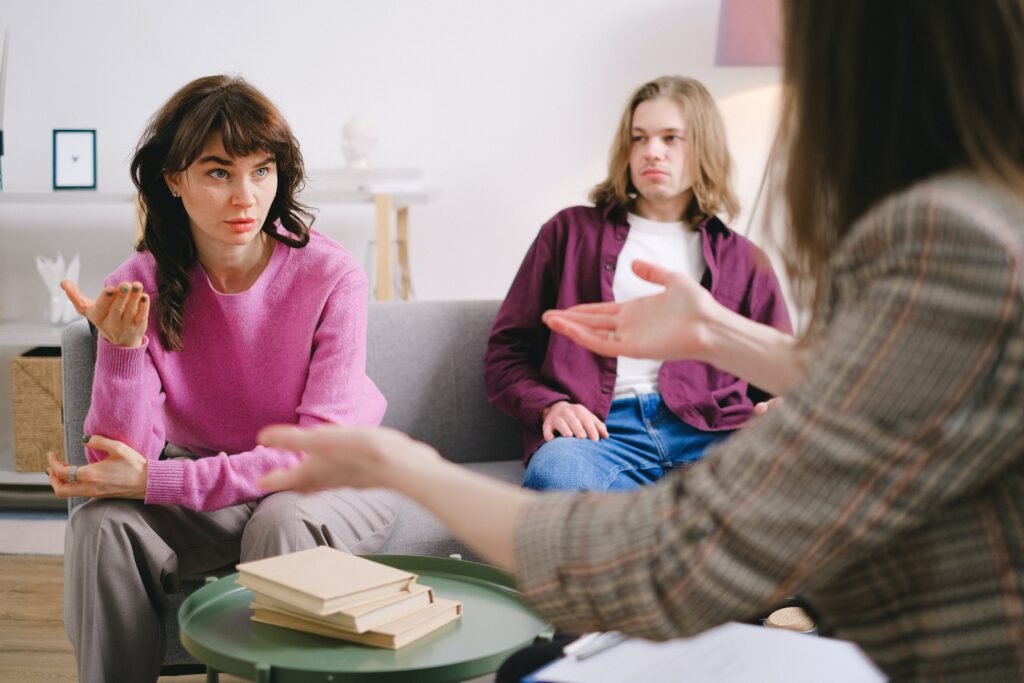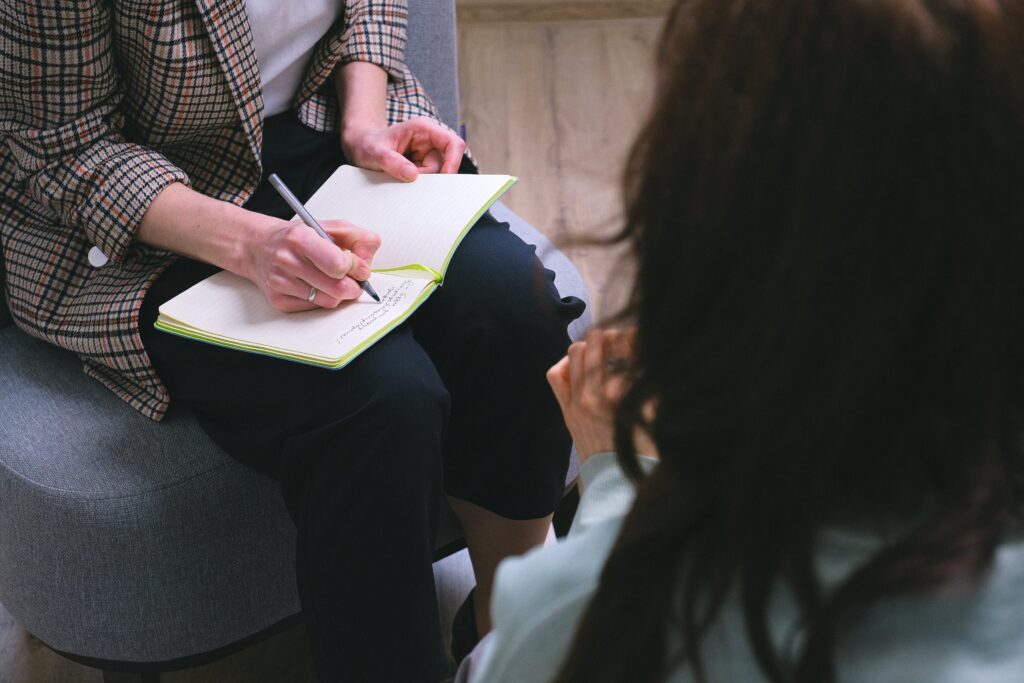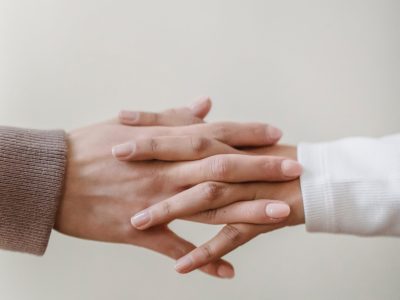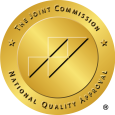Loved One’s Education and Support Group
What is a Family Group Program?
Another Chance recognizes the importance of holistic care and community support when it comes to recovering from substance and alcohol use disorders. Because of this, we have created the Loved One’s Education and Support Group for patients and their loved ones to attend. The group will be held as a cohort structure so patients loved one’s can develop community support similarly to how our patients develop community while engaged in our treatment services.
Groups will be held every Tuesday evening at 5:00 PM for a 12-week period. Our goal is to center the importance of cultivating belonging, acceptance, and understanding for those who are working hard towards their goal of recovery from substances and alcohol.

Family Curriculum
Week 1:
- Introduction to the group, facilitated by ice-breaker activities. (30 minutes)
Distribution of essential resources: a group pamphlet, cohort schedule, and counselor contact details for additional support. - Introduction to the science of addiction (30 minutes)
Group members will be provided psychoeducational materials to support understanding. - Processing session to discuss and digest the information shared. (30 minutes)
Week 2:
- Continuing curriculum of science of the addiction (60 minutes)
Group members will be provided psychoeducational materials to support understanding. - A processing session to reflect on the insights gained. (30 minutes)
Week 3:
- Understanding the Transtheoretical Model of the Stages of Change (60 minutes)
Group members will be encouraged to engage in an activity to understand where they are at in their own stages of change. - Processing (30 minutes)
Week 4:
- Introduction to Post Acute Withdrawal Symptoms: What are PAWS? (60 minutes)
– Group members will be encouraged to share their Stages of Change activities in group during check-in.
– Group members will be provided psychoeducational materials to support understanding. - Processing with patients (30 minutes)
- Group members will be joined by their loved ones (current AC patients) and process new knowledge and reflect with each other the ways in which what they learned has resonated and can be applied to their lives.
Week 5:
- Continuing curriculum of PAWS: understanding the symptoms (60 minutes)
Group members will be provided psychoeducational materials to support understanding.
- Processing (30 minutes)
Group members will be encouraged to process how PAWS may impact them and their relationship [to the patient]
Week 6:
- Introduction to DBT skills (60 minutes)
– Group members will be provided with psychoeducational materials to support understanding.
– Group members will begin to develop DBT skills to support themselves and their loved ones [patients]
- Processing and role play with patients (30 minutes)
– Group members will be encouraged to role play scenarios for an opportunity to practice newly learned skills
– Group members will be invited to process the experience of the role play and reflect on the skills they feel will benefit them most

Week 7:
- Introduction to CBT Skills (60 minutes)
– Group members will be provided with psychoeducational materials to support understanding.
– Group members will begin to develop CBT skills to support themselves and their loved ones [patients]
- Processing and role play (30 minutes)
Group members will be encouraged to role play scenarios for an opportunity to practice newly learned skills
Week 8:
- Introduction to Dual Diagnosis (60 minutes)
– Group members will be provided with psychoeducational materials to support understanding.
– Group members will learn about what dual diagnosis is, the impacts of dual diagnosis, and provided with coping skills to utilize with their loved ones or for themselves.
- Processing [with patients] (30 minutes)
Week 9:
- Trauma and addiction
– Group members will be provided with psychoeducational materials to support understanding
– Group members will begin to learn the connection between trauma and addiction
– Group members will learn about risk and protective factors
- Processing (30 minutes)

Week 10:
- Grief, Shame, Acceptance, and Forgiveness
– Group members will be provided with psychoeducational materials to support understanding.
– Group members will be provided with additional resources and support groups.
– Group members will begin to explore grief, shame, acceptance, and forgiveness associated with the impact that SUD has had on their lives.
– Group members will engage in a writing activity to support them in processing these emotions and working towards acceptance and forgiveness of themselves (not the patient)
- Processing with patients (30 minutes)
Week 11:
- Setting and Maintaining Healthy Boundaries (60 minutes)
– Group members will be provided with psychoeducational materials to support understanding.
– Group members will explore “enabling behaviors” and the intentions behind them.
– Group members will begin to identify healthy boundaries that will support their relationship [with patients] and their own well-being.
– Group members will engage in the activity “Boundary Stop Light” to support them in understanding their hard boundaries, flexible boundaries, and standards for healthy relationships.
- Processing (30 minutes)
Week 12:
- Course Reflection and Processing (90 minutes)
– Group members will begin to process and reflect on what they learned about during the group
– Group members will continue to ask questions
– Group members will be given additional outside resources
- Processing / Reflection with patients (30 minutes)

Your Recovery is Our Goal
Our treatment center provides high-quality addiction treatment services. We ensure that you receive the optimal level of care you or your loved ones need.



